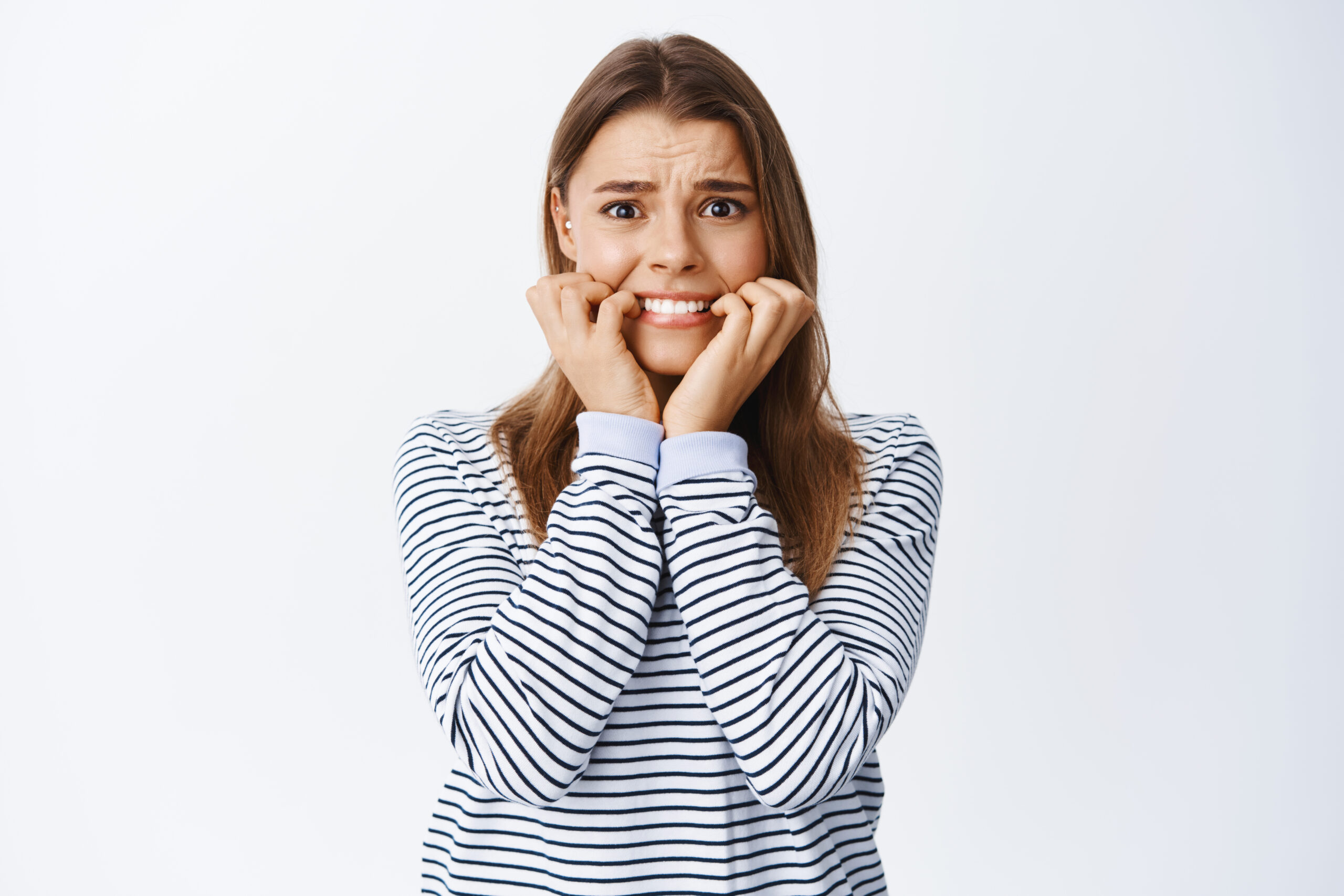The hardest thing about kicking the habit is overcoming that strong temptation to bite your nails. It feels almost automatic, like brushing a loose strand of hair behind your ear or scratching an itchy mosquito bite. Sometimes you’re not even aware that this behavior happens independently, which is how these actions can be considered “unconscious.” It’s hard to stop when you are aware of all the negative connotations, but even then, it is challenging. The thought still occurs that this might be un-sanitary or not adult enough; you still won’t give up.
Some people are addicted to chewing their nails; it feels like they can’t stop. The medical community refers to it formally as onychophagia. Such behavior is essential for those who indulge in this vice-like activity that more formalizes the condition than being called a “nail biter.” But why?
Why do people bite their nails?
There’s the reason why you start biting your nails, and then there is a more profound driving force. Nail-biting is a prevalent behavior that begins in childhood, often associated with stress or anxiety. However, it’s likely more complicated than just those two things because some people don’t realize they’re doing it until you tell them to stop. The theory is that it helps people regulate their emotions or feel like they do.
Think of it this way:
- Biting your nails doesn’t just feel satisfying; it also gives you something to do. When we’re understimulated (aka: bored or dissatisfied), the act of biting our own hands can provide relief by releasing endorphins which make us feel better almost immediately.
- Biting your nails is a quick way to escape feeling overwhelmed when you’re excited or impatient.
There is still just a theory, but I think many nail-biters might find personal truth there. So why our nails?
While it may not always be our nails, some people pick at their skin or pull on split ends. They bite the inside of an inner cheek to alleviate stress and anxiety when they are feeling overwhelmed with life’s challenges. It’s clear that animals, including our pets, have been grooming themselves for ages. The only reminder we need of this behavior is the endless hours spent scratching and cleaning themselves.
But then why do we continue to bite our nails despite the sore fingers and damage caused? We all have habits, even the bad ones. Understanding how we form these can help you break free from them and live a happier life.
Nail-biting is an excellent example of how habit formation works. Habits are made up of:
- A simple behavior (typically one that’s deemed valid)
- A consistent cue (same thing, same time, same place)
- A reward (inherent or attached to the behavior)
- Many repetitions of the above activities
The nails on your hands are always there. You can bite them or lift a hand to remove any unwanted thoughts from your mind. Still, we have found that biting is most often used as an easy way for people who feel overwhelmed with emotions such as stress – especially when they do not know how else should handle these strong feelings.
You may have started biting your nails as a kid and just kept doing it. You can’t stop now, though!
Is biting your nails bad for you?
Biting your nails is never a good idea. It’s not just uncomfortable, but it can also lead to infections and even permanent damage.
The consequences of nail-biting are as follows:
- It can harm your teeth.
- If you bite your cuticle or the soft tissue around it, this could increase infection risk.
- The germs on your hands and fingers will get into your mouth, which increases the risk of getting sick.
We probably feel the first consequence the most, but it’s been the last one that’s become increasingly worse since the COVID-19 pandemic began spreading across countries around 2020. Touching an object or surfaces with your hands is one way to spread the virus. You may not realize how many things we feel every day.
If you are serious about kicking the habit, I have just enough information to make your decision easy!
How to stop biting your nails?
While quitting is never an easy task, the following tips can help you make it easier and more enjoyable for yourself.
- Identify when you’re most prone to do it: The times and places you’re most likely to bite your nails? Even if a trigger isn’t avoidable, knowing this about yourself can make it easier for when the inevitable happens.
- Replace nail-biting with another activity: Try playing with a fidget spinner instead of chewing your nails when you’re bored or stressed. You can also squeeze stress balls to relieve tension at the moment- they have been proven effective for people who need quick relief and distraction from anxiety attacks.
- Take physical steps to prevent nail biting: If you have a hard time stopping yourself from biting your nails, putting some physical barrier in place may be necessary. The taste of bitter nail polish is designed to deter you from biting your nails. Getting them done may be a good idea, too – make sure that the type or style doesn’t require any strange chemicals. Don’t pick or bite at the gel nail polish if you want to get your nails done. The excess adhesive from picking can do more harm than good.
- Give yourself time to break the habit: Breaking an addiction is tough and won’t happen overnight. One of the ways to stop biting your nails, though? Understand what’s needed for success. Avoiding the urge to bite your nails can be a challenge, but you have some tricks up your sleeve. One of those is reminding yourself about all that sore-finger relief and risk-free immunity from getting sick, so it’s worth trying. The most important thing is to keep trying, even if you fall a few times. We all have those days where we can’t seem to get things right – but don’t let it discourage or beat yourself up about what happened; instead, give yourself some slack and try again tomorrow.
- Relieve stress and anxiety: The more you do to relieve stress, the less likely your habit will be triggered. Try breathing exercises or yoga; get outdoors for some fresh air and exercise (even if it’s just walking); talk with a loved one about what’s going on in their life- all these things can help take some of this burden off so when habits like biting nails get triggered.




